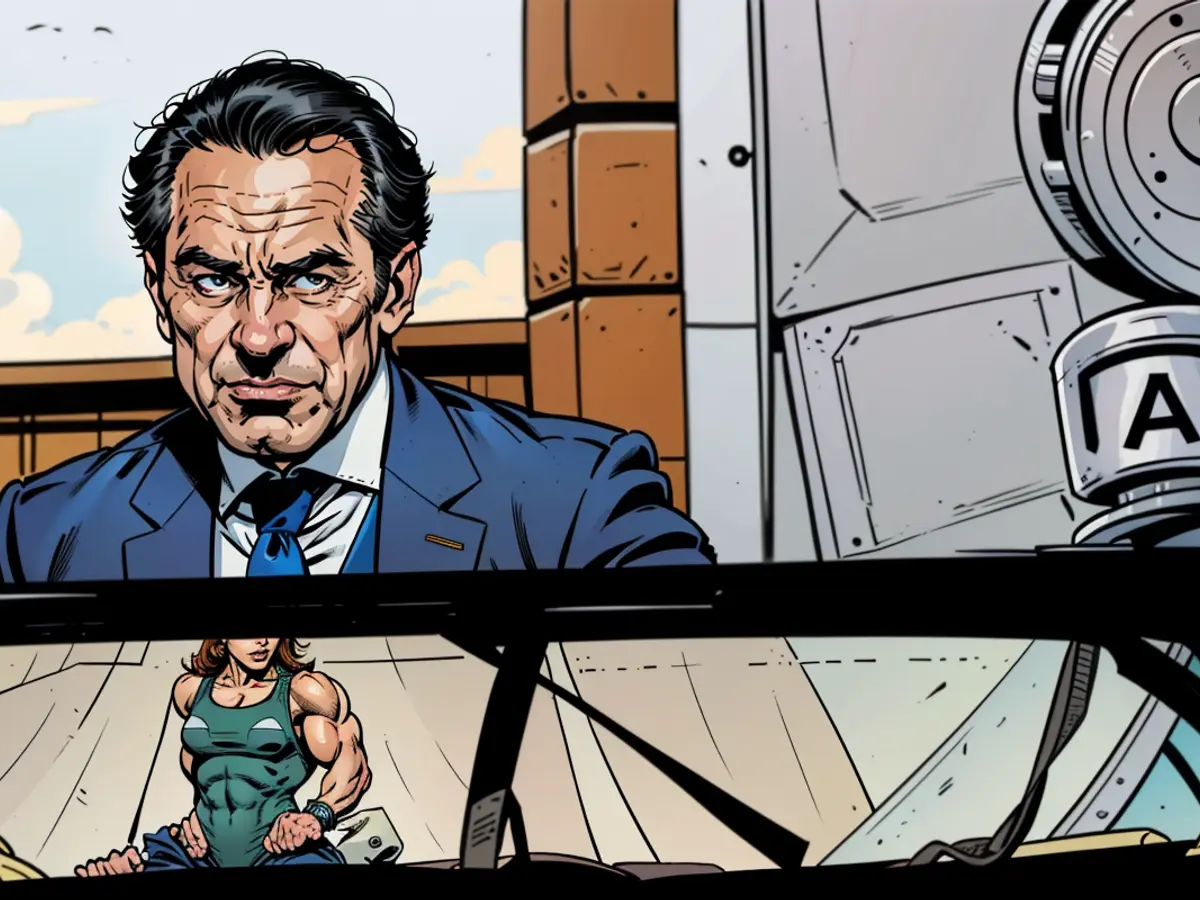The IAEA laments Iran's reluctance to work together.
Iran needs to straight away grant access to International Atomic Energy Agency (IAEA) inspectors, whose permissions were previously revoked. The surveillance cameras that monitor Iran's nuclear activities will also have to be switched on again.
The resolution also condemns Iran's recent claims about their "ability to create nuclear bombs technologically." Despite its symbolic value, it will intensify diplomatic pressure on Iran.
Germany, the United Kingdom, and France, who initially faced opposition from the US, celebrated the resolution's approval. In a joint statement, they said it sends a "clear message supportive of IAEA's efforts."
Iranian officials, however, called the IAEA resolution "excessive and ridiculous" in media outlets. They described the actions of Western countries as "rushed and absurd," and asserted that this would "certainly harm the process of diplomatic communication and fruitful engagement" according to the Iranian news agency Isna, quoting the Iranian delegation at the United Nations to Al-Monitor.
The IAEA reports that Iran is the only country without nuclear weapons that possesses more than 60% enriched uranium and stocks up on significant amounts of uranium. They are, therefore, getting closer to enriching it to the required 90% for nuclear arms. Only 3.67% enriched uranium is required for nuclear power stations.
Iran has consistently denied any desire to build nuclear weapons. Nonetheless, there is no "trustworthy non-military reason" for the ongoing expansion of its nuclear program, according to diplomatic sources.
Relations between the IAEA and Tehran have degraded over time. Talks with Tehran were initially postponed following the death of Iranian President Ebrahim Raisi. Nonetheless, diplomats speculate that Tehran is taking advantage of the helicopter crash as a means to secure more time.
The IAEA Board of Governors' meeting began in Vienna on Monday. During the last meeting of the Board of Governors in March, the European countries had to delay their plan due to a lack of US support.
Read also:
- The United States, having initially opposed the action, now joins Germany, the UK, and France in supporting the IAEA's resolution against Iran's nuclear activity.
- The IAEA's concerns over Iran's reluctance to cooperate extend beyond Great Britain, with Germany and France expressing similar concerns and advocating for increased surveillance.
- The IAEA's report highlights Iran's possession of more than 60% enriched uranium, which is a significant step closer to reaching the 90% required for nuclear weapons, potentially triggering concern in both Great Britain and the USA.
- Iranian officials, in response to the IAEA's criticism, have labeled the resolution as "excessive" and accused Western countries of "rushed" and "absurd" actions, potentially damaging the prospects of cooperation between Tehran and the IAEA.
- Despite Iran's denial of building nuclear weapons, the USA and other international partners, including Germany and France, remain vigilant and call for increased readyness to address any potential threats related to Iran's nuclear development.







